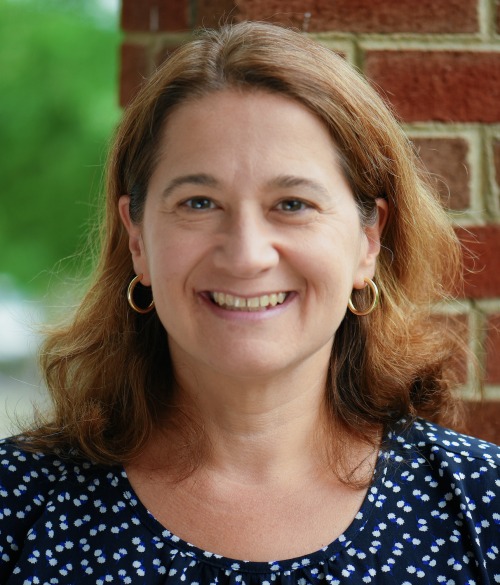Kara Gotsch
Executive Director
Kara Gotsch is a national expert on sentencing reform with over 25 years experience advocating to end mass incarceration and racial injustice in the US criminal legal system.
Kara has served The Sentencing Project in various roles for over 13 years. As Deputy Director since 2021, she helped operationalize the executive director’s vision of expansion and mission focus by managing and leading staff in areas of strategic planning, organizational oversight and development, communications, public education, research, and advocacy.
Prior to her elevation, she led The Sentencing Project’s esteemed federal advocacy work to limit mandatory minimum sentences, including advancing passage of the First Step Act in 2018 and the Fair Sentencing Act in 2010. As Director of Strategic Initiatives from 2016-2021 and Director of Advocacy from 2005-2012 she led numerous national advocacy coalitions, and widely shared
her expertise through frequent presentations, written commentaries, reports, and media interviews. Her advocacy was honored by Congresswoman Maxine Waters before the Congressional Black Caucus in 2011.
In between her terms at The Sentencing Project, Gotsch led the Interfaith Criminal Justice Coalition, a project of the United Methodist Church’s General Board of Church and Society, comprised of 50 national faith-based organizations. The coalition organized faith leaders and clergy to advance federal criminal justice reforms, particularly around issues of sentencing, reentry, and collateral consequences of incarceration.
Gotsch also worked for eight years at the ACLU’s National Prison Project overseeing media outreach, public education and federal legislative activities. She concluded her tenure there bringing international attention to the issue of prison rape in Texas.
Gotsch received her undergraduate degree from Binghamton University and a Masters in Public Policy from the University of Maryland.



